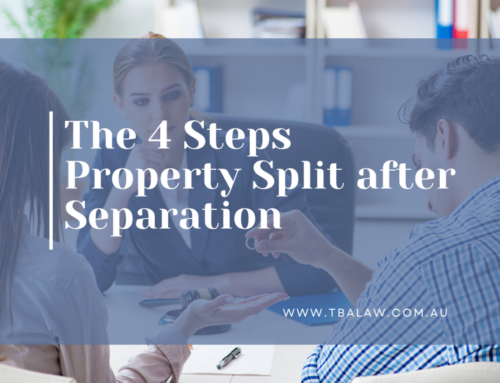When is a Family Law settlement final? Reopening property settlements
by Matthew Elvin
It is extremely difficult to re-open a final family law property settlement once it is made. A final property settlement is a Final Order of the Court, binding on both parties. A final property settlement is made either by written agreement between the parties and then filed with the court (ie a Consent Order), or when the Court determines the terms of the property settlement without the parties agreeing (ie at the conclusion of a Court hearing).
 Section 79A of the Family Law Act sets out the grounds for when a final property settlement may be set aside. Where there has been an alleged miscarriage of justice by reason of
Section 79A of the Family Law Act sets out the grounds for when a final property settlement may be set aside. Where there has been an alleged miscarriage of justice by reason of
- fraud,
- duress,
- suppression of evidence and
- the giving of false evidence.
Perhaps the most commonly argued of these is the claim that the other party failed to disclose relevant information, such as a secret bank account or cash in a safe. However, proving this alone will not be enough. The failure to disclose must also have been significant enough that it would be unjust for the final property settlement not to be set aside or varied.
Parties also often attempt to argue that the Court should set aside a final property settlement because they were put under ‘duress’. Duress is where one party puts an unreasonable amount of pressure on the other party to agree to the final property settlement. However, it is not enough that one party simply pressured the other party to sign the settlement documents. The pressure needs to be greater, such as a threat to injure or kill if they do not agree to the settlement. Where such a threat has been made, then the final obstacle is proving it. Unless there are witnesses or a recording of the threat(s), this will be very difficult.
Finally, there are a few further, less commonly argued, grounds for setting aside a final property settlement. These are:
- If the parties both agree to set the settlement aside (by consent);
- If circumstances have arisen which make the Order impractical to carry out;
- One of the parties has failed to comply with the Order and, as a result, it is necessary to vary or set aside the Order;
- Where circumstances of an exceptional nature have arisen relating to the care, welfare and development of a child of the relationship or where the applicant will suffer hardship; and
- A proceeds of crime Order has been made affecting the property to be distributed.
In our experience, most applications to the Court to set aside final property orders are unsuccessful. We therefore strongly suggest that both parties to a proposed property settlement obtain legal advice before agreeing to it.
If you have any questions about Family Law, do not hesitate to contact TBA LAW for assistance.
Contact us to arrange a chat with one of our legal professionals. It doesn’t hurt to ask.




